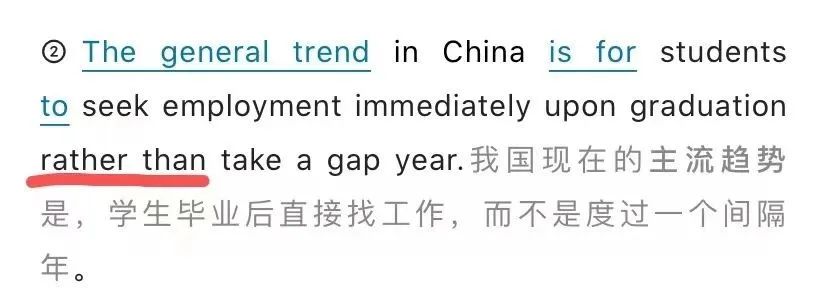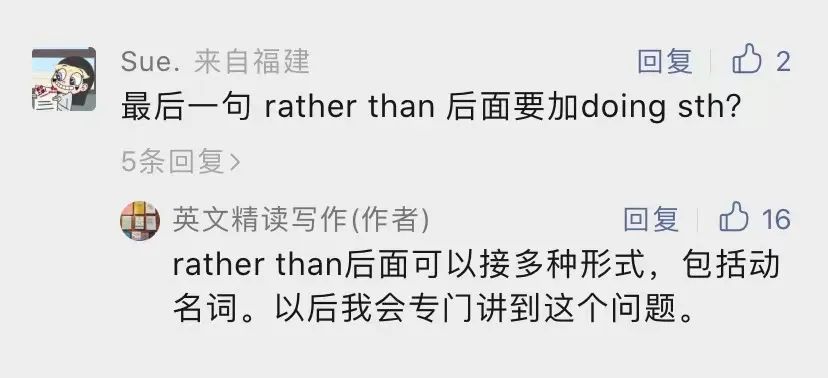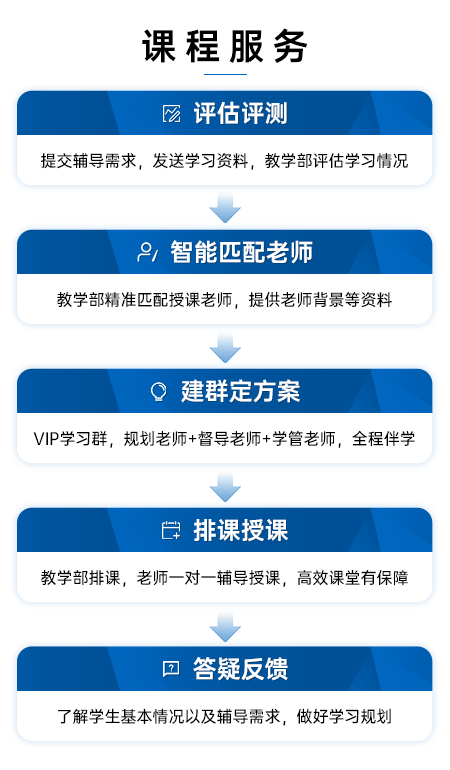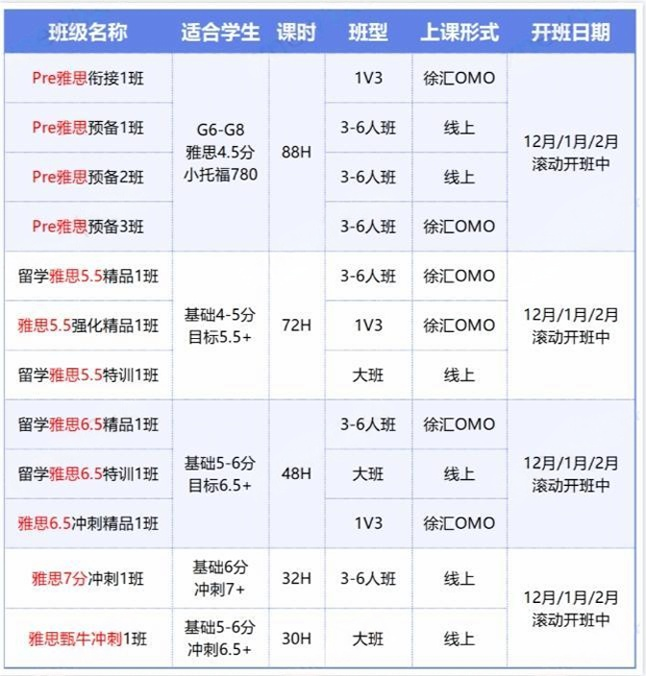之前发过的一篇文章外刊中的地道写作表达中,有同学就rather than的用法提出了疑问:


不管是rather than do还是rather than doing,相信大家在平时的阅读中都见过。造成这种差异的根本原因是,rather than存在两种性质,关键就在于than这个词。
than既可以作为从属连词,引导比较状语从句;也可以作为介词,后面接宾语,如:The book costs more than $20. 由于这两种性质的存在,因此下面两句话都是对的:
① He is more knowledgable than I (am).【than作从属连词】
② He is more knowledgable than me.【than充当介词】 rather than和than一样,可以充当“介词”,也就是说,rather than后面大部分情况下都可以接doing sth。
如:1 Automation tends to affect tasks within an occupation rather than wiping out jobs in their entirety.自动化通常会影响工作中的任务,而不是完全消除工作。
rather than还可以作连词短语,句法功能上就类似于and/or,连接前后两个语法形式相同的成分。如果前面对应的是do/doing/did/does,则rather than后面也接相同的动词形式。
如:2 Technological change creates more jobs rather than destroys them.=...rather than destroying them.科技变更会创造更多的工作,而非毁灭工作。 需要注意,rather than前面如果是动词不定式to do,同时前后动作都是主语发出的,则rather than后面一般直接接原形do。如:
3 Many students choose to seek employment immediately upon graduation rather than take a gap year.=...rather than taking a gap year.很多学生毕业后直接找工作,而不是度过一个间隔年。
有时,rather than v与前面的动词构成并列,同时与后面的成分衔接。此时的rather than v只能视为并列结构,不能视为孤立的成分,不宜用rather than doing,除非前面也是doing。如:
4 In some cases, technology actually improves, rather than harms, workers' prospects.在某些情况中,科技实际上会提升,而非破坏工作者的前景。
rather than除了作并列结构放在后面,也可以放在句子前面。放在主句前面时,rather than后面加动词原形do或doing,与主句中的谓语动词形式无关。如:
5 Rather than harm/harming workers' prospects, technological advances may create more job opportunities.科技进步不会影响工作者的前景,而是有可能创造更多的工作机会。
如果是用instead of,则后面一律用doing,因为of是介词。










